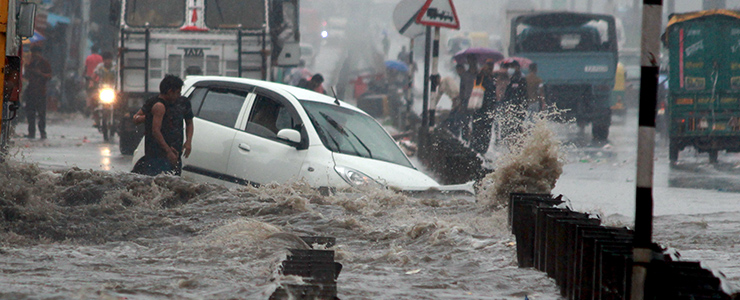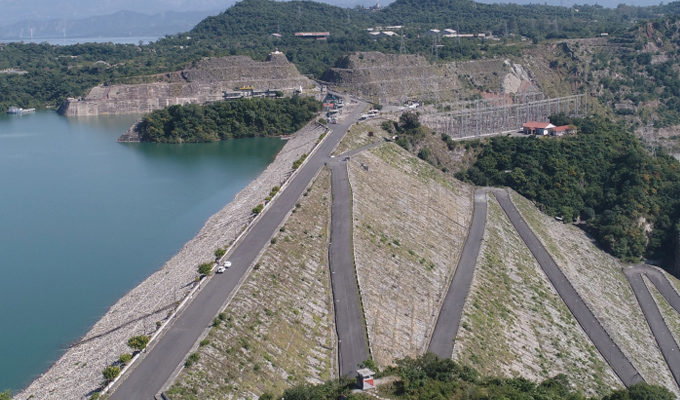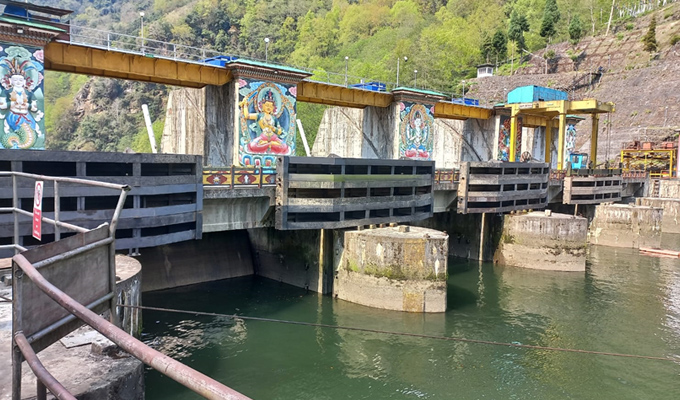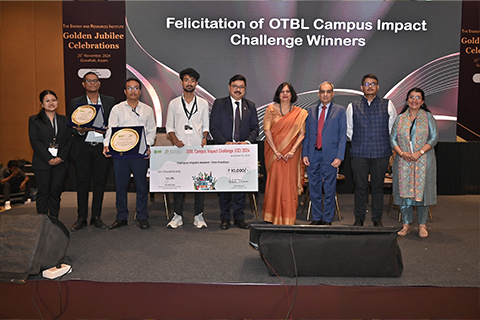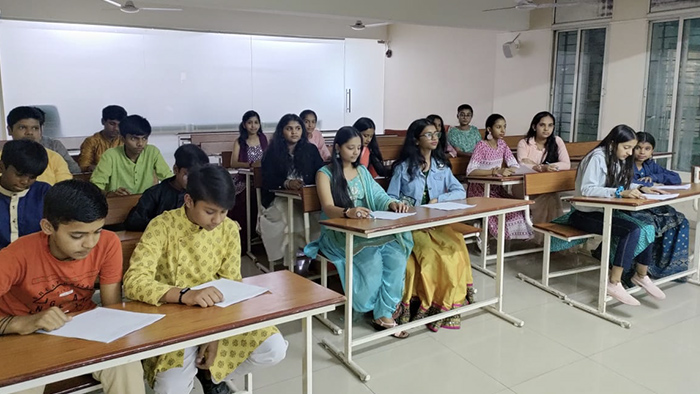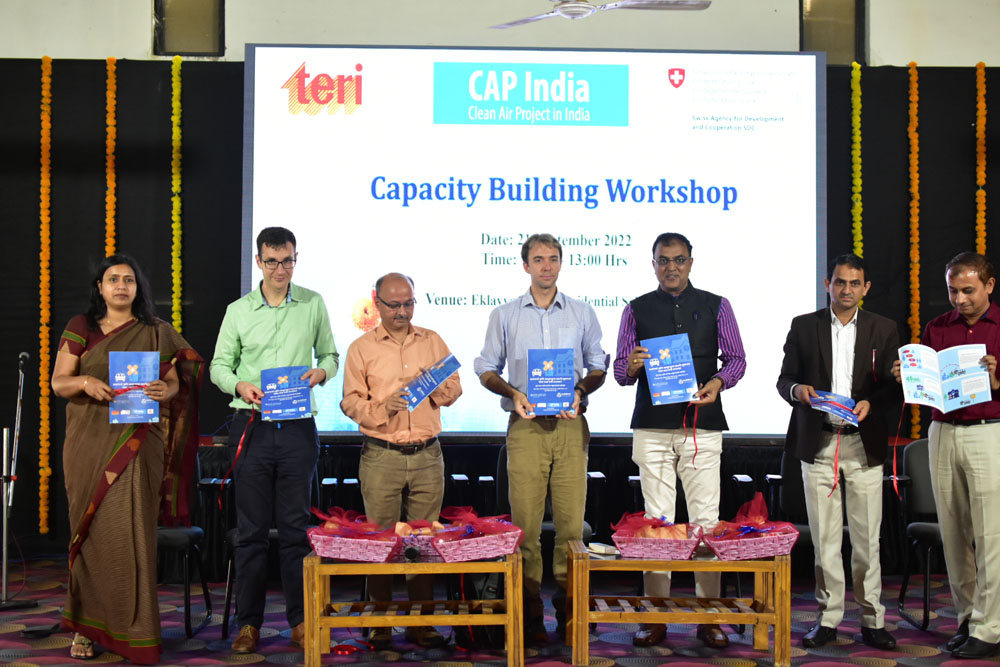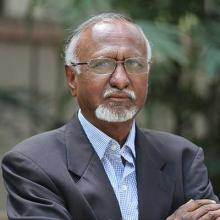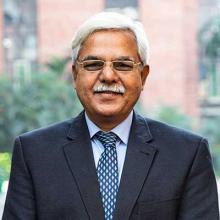AI, clean energy, net-zero push in NDMC budget
January 10, 2026 |
January 12, 2026
The Hindustan Times
The New Delhi Municipal Council’s (NDMC) 2026–27 budget projects a surplus of ₹143.05 crore, prioritising AI training for students, hydrogen and solar energy generation, a Net-Zero Carbon roadmap in collaboration with The Energy and Resources Institute (TERI), and major civic improvements including mechanised sweeping across the NDMC area, Miyawaki afforestation, and the installation of 2,000 additional CCTV cameras.
Does imposition of US tariffs present a strategic opportunity for India’s energy security?
December 15, 2025
| Mr Manjeev Singh Puri, TERI; Mr Pritish Kumar Acharya and Dr Gopal Krishna Sarangi, TERI-SAS
| ABP News
In this disrupted landscape, India must convert adversity into a strategic opportunity, advancing its energy and climate leadership through decisive, forward-looking actions, write Mr Manjeev Singh Puri, Distinguished Fellow, Sustainable Development and Outreach Division, TERI; Mr Pritish Kumar Acharya, TERI School of Advanced Studies and Dr Gopal Krishna Sarangi, Associate Professor, TERI School of Advanced Studies. .
Important message
December 13, 2025
| The Telegraph
Belém has delivered a message that the world cannot ignore. Climate justice begins with those who protect the forests. The next step belongs to governments, including India, to act on that truth, writes Mr Sayanta Ghosh, Associate Fellow, Land Resources Division, TERI.
Trade barriers and climate adaptation take centre stage in India’s Post-COP30 dialogue
December 11, 2025 |
December 11, 2025
United News of India (UNI)
The event, jointly organised by the Chintan Research Foundation (CRF) and The Energy and Resources Institute at the India Habitat Centre, brought together senior policymakers, climate negotiators, and researchers to unpack the outcomes of the recently concluded COP30 in Belem. While the panel addressed topics ranging from finance and adaptation to just transitions, it was India’s stance on unilateral trade measures that quickly set the tone.
After COP30, What Next? TERI and CRF Decode the Global Climate Agenda
December 10, 2025 |
December 10, 2025
Global Agriculture
The Energy and Resources Institute (TERI) and The Chintan Research Foundation (CRF) jointly organized a high-level Post-COP Dialogue titled, “Beyond Belém: Charting the Next Phase of Global Climate Action” at the India Habitat Centre today. The discussions brought together senior policymakers, climate negotiators, researchers, and experts to assess the implications of COP30 outcomes and identify pathways for further strategy for developing countries.
TERI and British Council Open 5-Day Sustainability & Leadership Camp for Youth Climate Action
December 10, 2025 |
December 10, 2025
Global Agriculture
The Energy and Resources Institute (TERI), in collaboration with the British Council and HSBC, inaugurated the Sustainability and Leadership Camp at TERI, India Habitat Centre, New Delhi. Organized under the Climate Skills: Seeds for Transition India project, the five-day camp brings together youth from across India for hands-on learning, leadership development, and capacity-building on climate action and sustainability.





